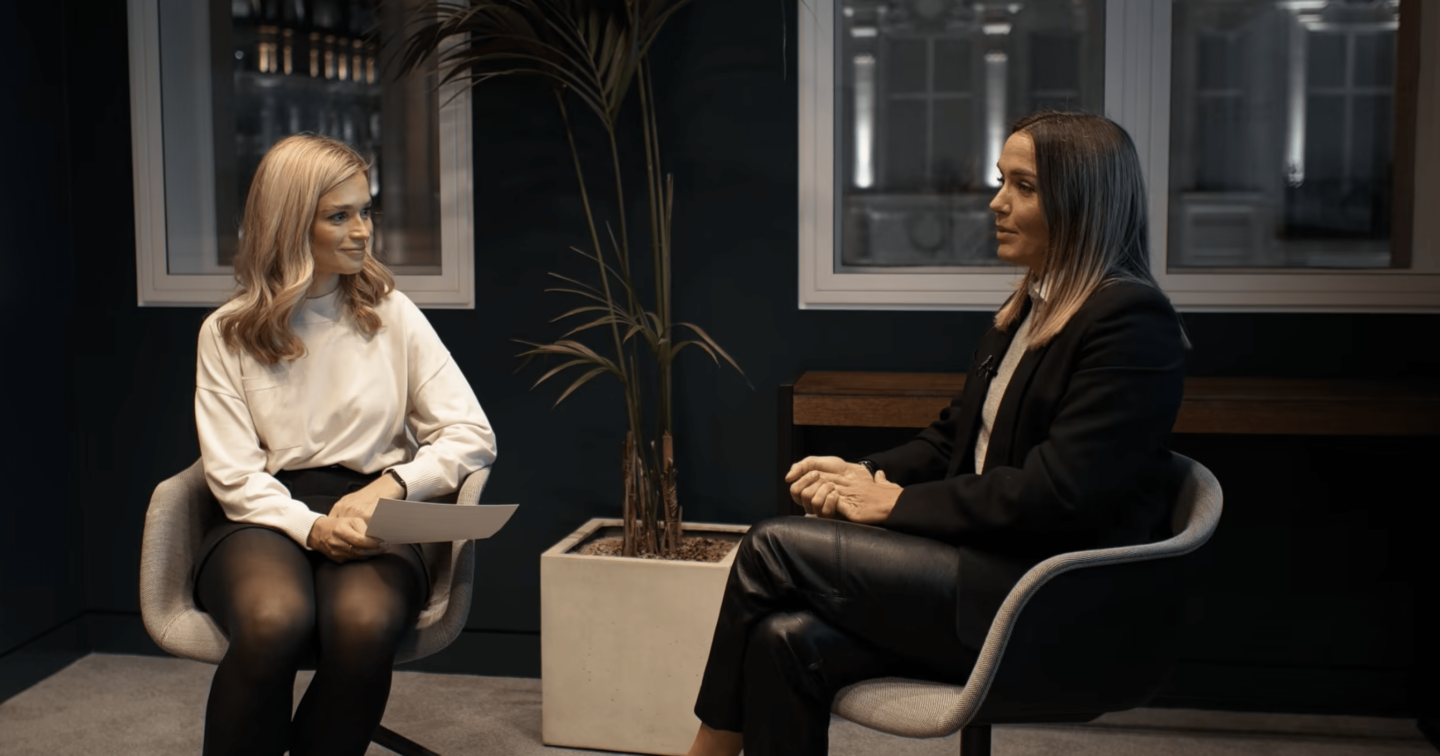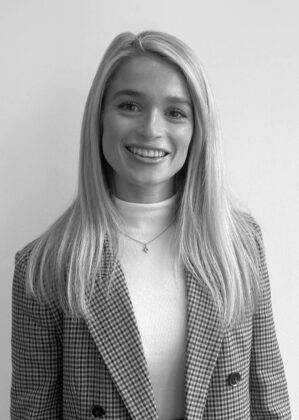
Interview – Victoria Pendleton speaks exclusively about ED&I
In light of International Women’s Day, we had the opportunity to delve into the contributions made by legendary cyclist and double Olympic gold medalist, Victoria Pendleton, towards promoting equality, diversity, and inclusion. Despite being in a male-dominated industry, she has been a vocal advocate for change and has played an instrumental role in transforming the sport from one that was exclusive to one that offers equal opportunities to all.
What strategies have you used to respond to diversity challenges that you have faced?
I can honestly say that I haven’t necessarily had any specific strategies. What I have always done is tried to speak up for myself in terms of my opportunities in sport. It’s very male dominated. There was no females in any roles and responsibilities higher than booking flights and logistics, which when I came into the sport was quite astonishing. As a twin, I have never felt that there would be any reason why we should be treated differently or have different opportunities. So I think I’ve always been very vocal and asked, why they do it that way. I’ve never just settled because anything he can do, I can do better.
So for me, having equality in that way was always important, so I have the appreciation for that. I’m also very fortunate that I got brought up in a household where we were treated equally in every single way. We’d be given educational or creative materials because there’s no boundaries on what gender specific or anything that could even exist. So I feel very fortunate I was brought up in a way like that.
What are some specific ways that you’ve advocated for change and the success and challenges you face?
Since I was involved, I have always used my opportunities to express how I felt. I’ve been very, very honest. When I’ve had press opportunities or been involved with brands or promotions that advocate opportunities for women, I’ve been first to say, yeah, get me involved, because that’s something that I believe in. So I’ve actively tried to speak up and get involved with projects that promote the things that I think are important. Never shy away from it, even if it does ruffle a few feathers, I don’t really mind because it’s important and you have to use your platforms when you can to sort of express yourself and your beliefs.
How do you feel about diversity in British cycling today and how has this changed over the years?
Well, it’s changed massively, thankfully. Very recently I had an opportunity to be invited back into the team as a bit of a mentor and to work with the with the young sprint team coming through. And immediately I noticed in terms of the staff, the coaching staff and the management team working there were a much broader spectrum of individuals, which brings me so much joy. There was equally as many female as there were male coaching staff and in roles of data analysts and technical staff, scientific staff, all of these roles which have predominantly met, usually male figures, were more balanced. They had also mentioned to me that they needed to address further areas of diversity because cycling is quite a white kind of a sport that needs equipment. So there’s a financial limitation there to who can access, they have realised that they need to change that and they are taking steps to increase inclusion and allow people to get involved with cycling who wouldn’t necessarily have seen it as their space before. So they recognise that now. And to even know that they are working on programs that recognise and create inclusion is something that back in my day I would have thought would never, ever happen. So I’m very pleased to see that and know that they’re working towards it.
What influenced your thinking around ED&I and motivated you to get involved in being an advocacy for change?
Well, it comes back to the twin thing, but it also comes back to the fact that I have trained within teams of people where we have athletes with disabilities training in the same training sessions at the same time. They don’t have their training time and our training time. It’s one group of people.
We’re all athletes and we’re all training in the same place towards the same goals. And I think I’m very lucky to have that. And I realise how important it is because not many people have the opportunity or the understanding that that is fundamentally how it should be in terms of the opportunities. In terms of gender, I do feel like there is a very equal balance now, which is a great thing in terms of diversity. There are still a lot of areas that cycling falls very short and I’d like to see more improvement, but then I do know that they are working towards that.
If you see something that you don’t think feels right or you recognise an area that could be improved, speak up because we all have an opportunity to have a voice
What’s your biggest piece of advice for getting started with ED&I?
I would say don’t be afraid to speak up. I think that a lot of people have a lack of awareness and therefore they need to be as to be brought to their attention. So don’t be afraid to speak up.
You have to be honest and you have to express your own true feelings and emotions towards something. And if you don’t think it’s right, say so. I think that’s the most important thing. It’s very easy for us to sort of work in our own little way and our own little corridor of what we kind of expect and what we’ve been led to expect.
But look left and right and take note of what you see. And if you see something that you don’t necessarily think feels right or you recognise somewhere that could be improved, speak up, because we all have an opportunity to have a voice. And I think you need to embrace it and use it when you can.
Watch the full video here.
